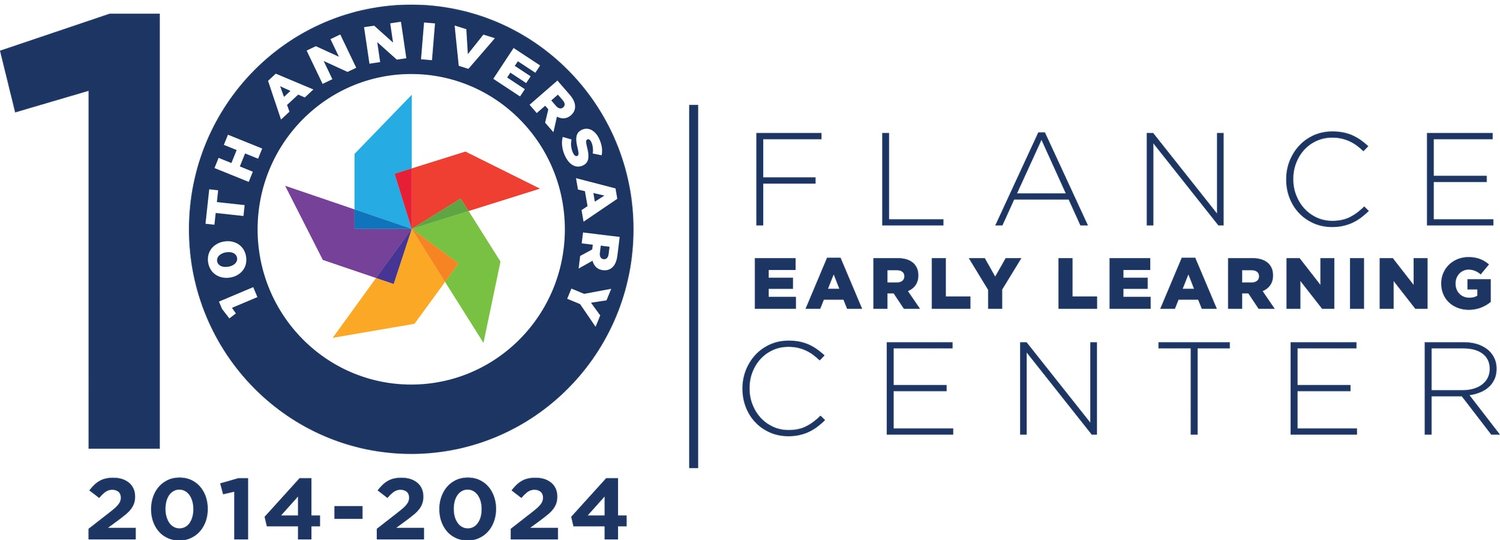Opinion: Want to Solve Missouri’s Workforce Challenges? Invest in Early Childhood Care, Education
From the St. Louis Business Journal: https://www.bizjournals.com/stlouis/news/2023/03/15/workforce-instability-child-care-cost.html
Siarhei SHUNTSIKAU, Getty Images
Authors: Flance Board member Alison Ferring with Bob Clark, Maxine Clark, Leslie Gill, Jason Hall, Deborah Patterson, and Anthony "Tony" Thompson.
March 15, 2023
Excellent early childhood education is critical to addressing the workforce challenges that employers face today.
Statistics show a clear picture of an impending economic crisis. In the state of Missouri, the costs are high. The state loses $1.35 billion in economic growth and $280 million in tax revenue due to child care instability. A recent analysis from the Missouri Chamber of Commerce and Industry found that 28% of households reported that their employment decisions were impacted by child care obstacles. Parents, especially women, struggle to participate in the workforce because of serious challenges in affording and accessing high quality early care and education.
With costs upwards of $10,000 per year for an infant in center-based child care, it is unaffordable for most families. Even with the high costs, most early care and education professionals are barely getting by on minimum wage salaries. Low wages and insufficient benefits result in high turnover, which compromises early care and education quality. Many child care providers had to close down during the pandemic and have not been able to reopen, further exacerbating the crisis. Waiting lists are long and with families unable to pay more and providers unable to operate on less, the result is a broken system that doesn’t work for parents, providers or our economy.
What does that mean for our children’s future? Clearly, families and educators are stretched too thin and the greatest loss is to our children. Brain research and development has proven that 90% of brain development happens in children’s first five years, which is why comprehensive and high quality care and education, including home visiting, child care, and preschool, is critical. Early care and education improves the academic, social, and emotional growth of young children and improves families’ economic self-sufficiency. Children who receive comprehensive, high-quality early care and education are more likely to have academic success, have better health outcomes, and are more likely to be higher wage earners in the future. Through investments in early care and education, we save money by building a solid foundation right from the start rather than spend on costly interventions later in life that are more often not effective. Nobel Prize in Economics winner James Heckman estimates that investment in high quality early care and education delivers up to a 13% annual return on investment.
If we want to live in a state where businesses succeed, families flourish, and children thrive, we must make targeted investments to support high quality early care and education for all children and working families. This is a shared responsibility of businesses and corporations, philanthropy and all levels of the public sector. We need the bipartisan leadership of our state policymakers to position Missouri as a leader in this movement. This is a call to action to move Missouri forward.
Bob Clark is CEO of Clayco; Maxine Clark is chief inspirator at Delmar DivINe; Alison Ferring is a board member at Flance Early Learning Center; Deborah Patterson is an early childhood education advocate; Leslie Gill is president of Rung for Women; Jason Hall is CEO of Greater St. Louis Inc.; and Anthony "Tony" Thompson is CEO of Kwame Building Group.

